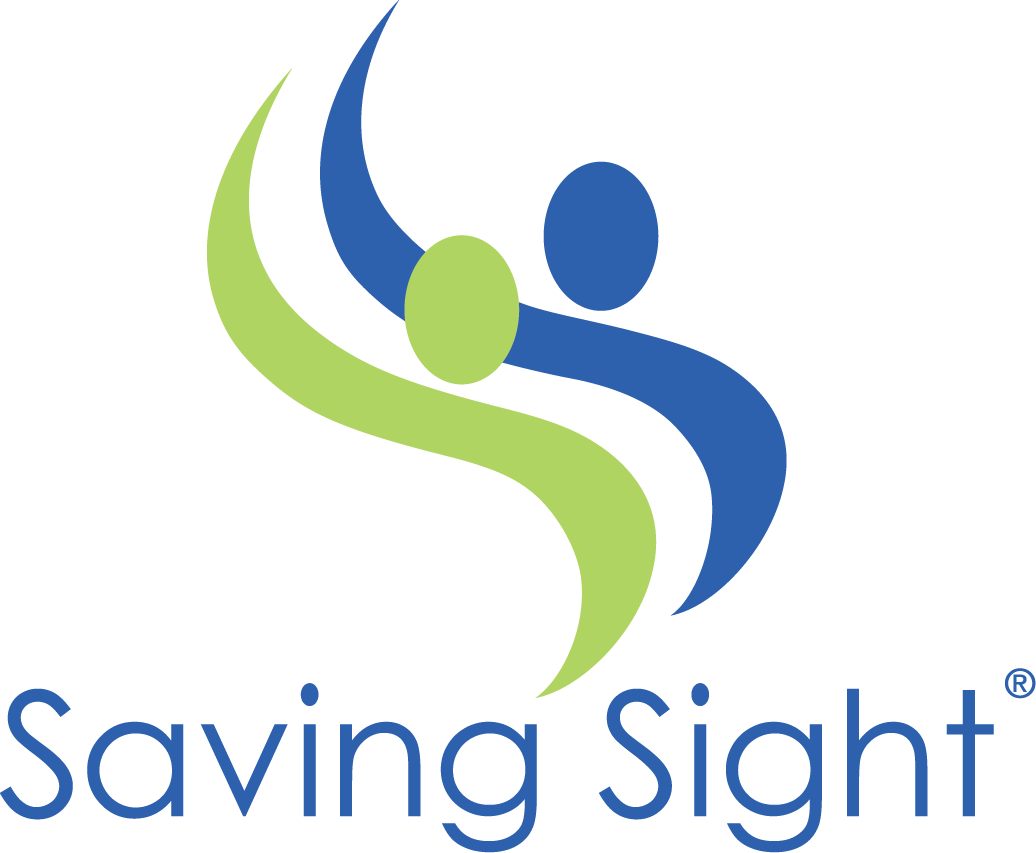 Charlene, a cornea transplant recipient from De Soto, KS, calls her experience with transplantation a “journey.” With her sight diminishing, she worried about her position as a third grade teacher in a parochial grade school. “Teaching is what I have done,” she said, “and it’s a lot of my identity.” Without the ability to see, however, she lost her capacity to teach, her self-reliance, and her ability to focus on the important things in life. “My whole life became about taking eye drops and treating the disease,” she said.
Charlene, a cornea transplant recipient from De Soto, KS, calls her experience with transplantation a “journey.” With her sight diminishing, she worried about her position as a third grade teacher in a parochial grade school. “Teaching is what I have done,” she said, “and it’s a lot of my identity.” Without the ability to see, however, she lost her capacity to teach, her self-reliance, and her ability to focus on the important things in life. “My whole life became about taking eye drops and treating the disease,” she said.
In January 2012, Charlene began to experience irritation in her left eye. Soon she was seeing her optometrist every two weeks to treat the infection that had developed. The cause of the infection was a combination of irritation to her eye from contact lens use and the Acanthamoeba, a microscopic single-celled organism common in water and soil. “Rinsing my contact with my tap water and then putting the contact in trapped the amoeba,” she said. According to the Centers for Disease Control and Prevention, most people are exposed to the amoeba in their lifetime, but unfortunately, Charlene is one of the few people who have contracted Acanthamoeba keratitis from exposure. In mid-March the optometrist referred her to an ophthalmologist for advanced treatment, but the infection continued to worsen. Charlene recalls her last good day of sight because it was Good Friday. Over Easter weekend, her eyesight diminished while the pain increased. On Tuesday she was referred to a cornea specialist, and finally she was referred to Dr. Bishara of University of Kansas Hospital for a cornea transplant consultation. Dr. Bishara informed Charlene that she was to embark on a journey, and after exhausting all other possible treatments, they scheduled her for corneal transplant surgery on June 15.
The months leading up to the surgery were difficult. “The pain was so excruciating,” Charlene recalled. “I had to draw the drapes in my home, and even the television provided too much light. I wore sunglasses everywhere.” Her friends, sons, and daughters-in-law had to take her to her medical appointments, so thankfully she had such a strong support system. Even the 60 children she taught and her fellow teachers came to visit her. But in the end, her surgeon was correct: it was Charlene’s journey, her path through the darkness. “These people could have sympathy for me,” she said, “but they couldn’t know what I was experiencing.” Without her vision, she would lose her ability to teach, which had become integral to both her life and her livelihood. It was in this time, uncertain of the future of her sight, she began to ask herself questions such as, “If I can’t see, who am I?”
On the day of the operation, Dr. Bishara explained the corneal transplant procedure to Charlene and then talked her family through the logistics. “Dr. Bishara is personable and brilliant,” Charlene said of her surgeon. “She’s one of the best friends I’ll have in my lifetime.” The reason for Charlene’s exuberance about her surgeon is clear: Charlene’s eyesight returned very slowly for a couple weeks, but by the middle of July, she had recovered enough that she was able to return to her school to prepare her classroom for the upcoming school year.
About her journey these days, Charlene says, “Don’t let me waste my days. I feel like I’ve been truly given a gift.” Charlene had never encountered donation before her transplant, but now she wants to be a donor, she’s written to her donor family, and she teaches others about her experience with donation. She told one of her sons about her wish to be a donor, and he joked that his mother was too old to donate, but Charlene knows that isn’t the case. “It is such a simple thing to say that I want to give something back to someone else,” she said. In fact, anyone who wants to donate can sign up for the donor registry, regardless of health, age, or any other characteristic.
What’s more, most people can become eye donors. Age, race, gender, and blood type don’t affect a person’s ability to give the gift of sight. Neither will a diagnosis of cancer, diabetes, or poor vision. In short, people who sign up for the donor registry are simply stating that they would like to be a donor if it is medically possible at the time of passing. But perhaps Charlene explains this best: “No matter our age or our health, there are often things we can leave behind that other people will be able to utilize. The gift of our life is something we can share with others.”
Join Charlene in pledging to be an eye, organ and tissue donor on the Donor Registry so people like Charlene will be able to receive the gift of sight when they so desperately need it. To learn more about eye donation, please visit the About Cornea Donation section of our website.

